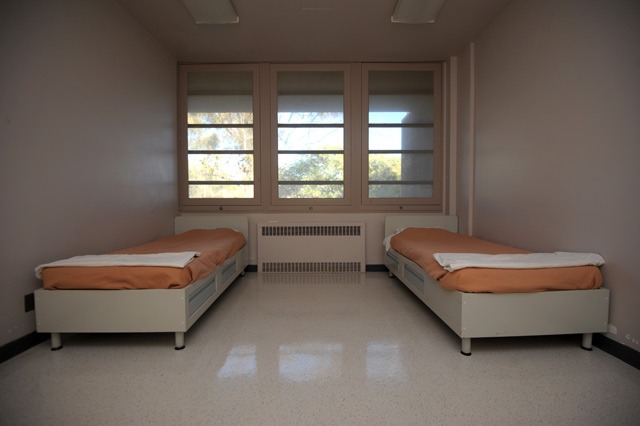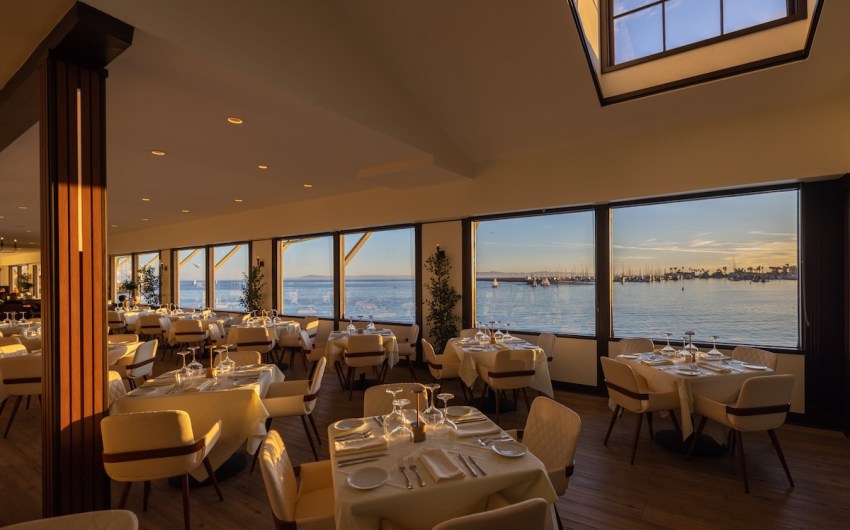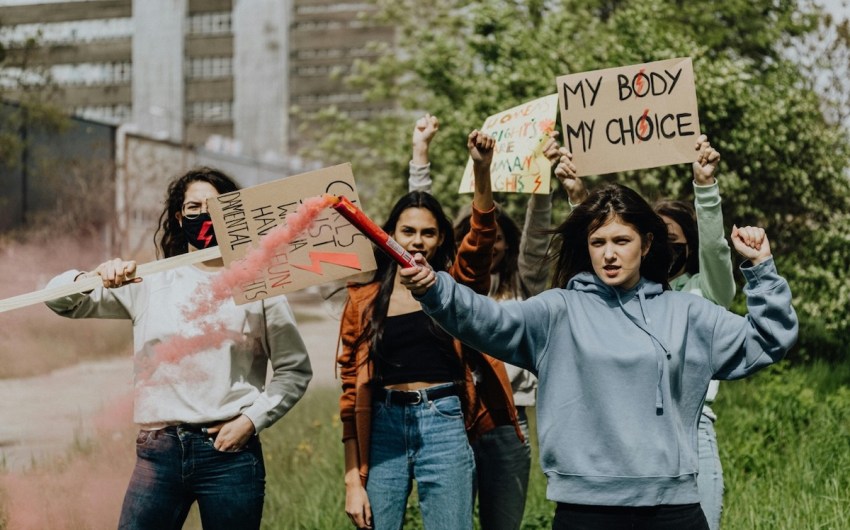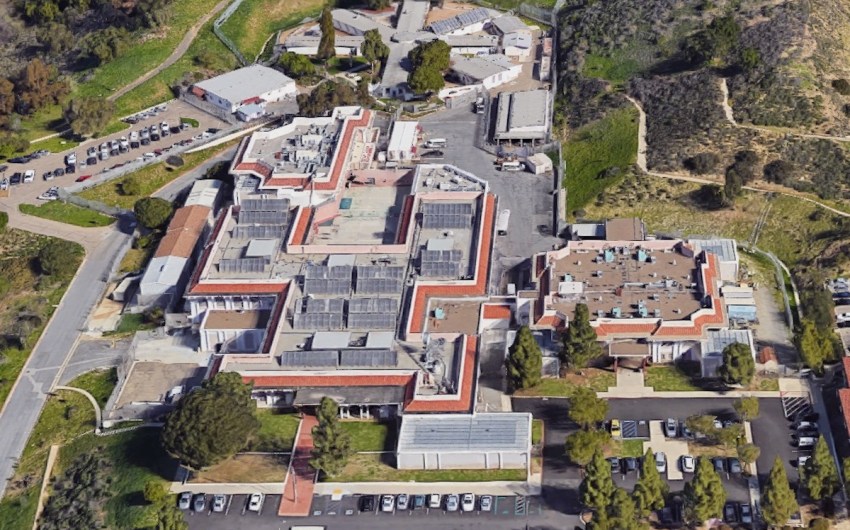New Crisis Stabilization Unit Approved by Santa Barbara County Supervisors
Eight-Bed Unit Will Open in Mid-May and Include Services to County Inmates

An additional eight beds are being prepped for residents suffering a mental-health crisis, with the approval Tuesday morning by Santa Barbara County supervisors of $22.1 million for Crestwood Behavioral Health, Inc., to staff and manage a Crisis Stabilization Unit on the county’s Calle Real campus.
The eight new beds “bring us closer to a number the state has identified as appropriate for our population,” said Toni Navarro, director of county Behavioral Wellness. The funding approved by the Board of Supervisors runs through June 2027, of which $17.3 million is estimated to come from Medi-Cal revenue and $4.8 million in state funding.
The unit first started in 2015 as an unlocked facility for intensive intervention, with eight beds, then four, then none by spring 2022, as funding ran out for a voluntary crisis facility. Staffing issues and COVID also took their toll, Navarro said. The new unit will open in mid-May and include services to county inmates once the referral process is established with the Sheriff’s Office.
In total, the eight beds at the 23-hour intensive care unit plus the 16 in the PHF (Psychiatric Health Facility) next door would not only increase the number of residents in crisis who could be helped but also provide a functioning alternative to private hospitalization or jail. “Patients can be in the Crisis Stabilization Unit on a 5150 [an involuntary hold] for up to 23 hours,” Navarro explained, “until they are either stabilized and able to move on into the community and be connected to services, or transfer to the PHF because they’re not ready to go home yet.” In the PHF, which is pronounced “Puff,” patients can be held for up to 72 hours. “The research shows that for two out of three people having an acute mental crisis, if they are addressed in a timely and intensive manner, they can resolve it in 24 hours. They can then step down to ongoing care,” Navarro said. “That’s really important as it gives our mental-health continuum of care an extra cushion, to get help to people sooner so that they are less likely to need locked, three-day beds.”










